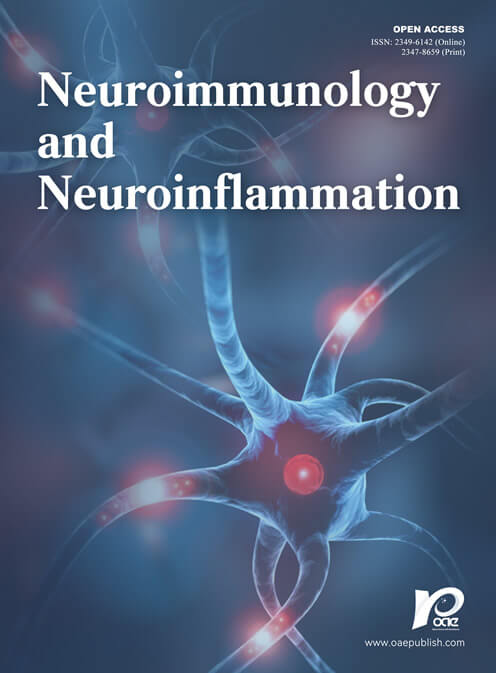fig1

Figure 1. PD-1 inhibitor checkpoint regulates T cell activation during immune surveillance and induces T-cell exhaustion in cancer. (1) PD-1 is expressed on activated T cells and regulates the activity of late differentiate effector cells. The foreign antigens are presented to T cells by the TCR engagment with MHC expressed on dendritic cells, infected cells or tumor cells. Thus, T cells proliferate and differentiate in effector and memory cells. Effector cells kill the foreign antigens express on infected or tumor cells by releasing inflammatory cyokines and cytotoxic granules that induce target-cells to apoptosis. PD-1 is an inhibitory checkpoint able to regulate the T cell activation when the inflammation is resolved. (2) After activation, PD-1 increases on T cells and the link with the ligand PDL-1 reduces the T cell functionality. Thus, T cells are not able to kill the tumor or reduce the viral load and this condition called T-cell exaustion favours a persistent infection and tumor spread. (3) The blocking of PD-1 with monoclonal antibodies restores T cell function. T cells proliferate and differentiate in effector and memory cells contributing to resolve the infection or tumor. MHC: major histocompatibility complex





